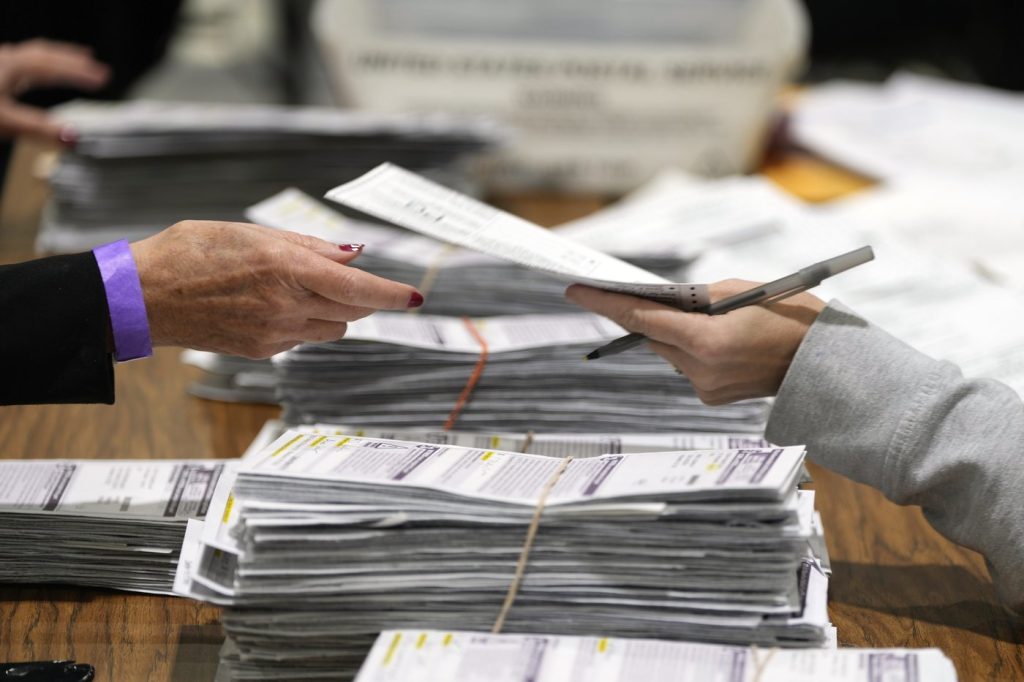In recent weeks, the U.S. Department of Justice (DOJ) has taken significant actions regarding voter registration and election processes in key states like North Carolina, Arizona, Wisconsin, and Colorado. These actions arrive amid concerns over the integrity of election procedures, largely influenced by conservative activists’ claims regarding widespread voting fraud during the 2020 elections. The DOJ’s focus on technical compliance issues rather than significant violations of federal law suggests a shift in their traditional role of protecting voting rights.
In North Carolina, a lawsuit initiated by the DOJ accuses the state’s election officials of failing to maintain accurate voter registration records, specifically lacking identifying information like a driver’s license number. This move comes after Republican lawmakers regained control of the state election board. Assistant Attorney General Harmeet Dhillon emphasized the critical nature of accurate voter rolls for fair elections.
In Wisconsin, the DOJ recently issued a letter to state election officials alleging that there was no accessible complaint process for addressing voter concerns, amidst ongoing Republican efforts to amend the state's election laws. This has raised skepticism among some state Democrats about the motivations behind such actions, fearing they may ultimately serve to delegitimize Electoral processes.
Arizona officials have also received attention from the DOJ, with requests directed at ensuring that voter registration applicants are properly asked to provide driver’s license numbers if available. Secretary of State Adrian Fontes responded by asserting that Arizona already enforces proof of citizenship requirements, which includes checks with motor vehicle records.
Perhaps most controversially, the DOJ has requested all election-related records from Colorado regarding the 2020 election, which Secretary of State Jena Griswold has dismissed as a "fishing expedition." Griswold indicated uncertainty about the basis for the DOJ's request, reiterating that her office is compliant with federal record-keeping laws.
The DOJ's recent decisions have prompted alarm among voting rights advocates, who worry that these inquiries could be used to sow doubt about election integrity as the nation approaches future elections, including the midterms. Critics have pointed out that the DOJ's approach appears to prioritize minor technical issues over more serious allegations of electoral misconduct.
John Powers, a former DOJ attorney, expressed concern that such actions could diminish public confidence in the electoral process if pursued aggressively. This concern is further exacerbated by the departure of several career attorneys and the DOJ’s retreat from various voting rights litigation historically centered on protecting against voter suppression and ensuring fair access to the ballot box.
As the Biden administration approaches midterm elections, the implications of the DOJ's focus and actions could reverberate through American electoral politics. The perception of these actions as catering to partisan interests rather than upholding civil rights in voting may compound concerns about future elections, leading to increased scrutiny and debate about the integrity of electoral processes across the country.











